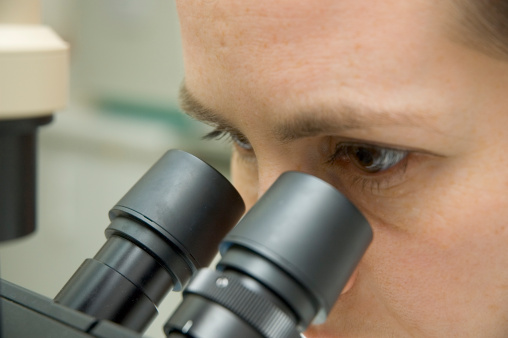What the search for a vaccine, treatments for COVID-19 means
Article body
Associate Clinical Professor Marilyn Bulloch is an infectious disease expert and has been closely following the news about COVID-19 and its impact on pharmacists and patients.
What’s happening with treatments for COVID-19 right now?
We’re excited about the fact that we’ve got several drugs that are under investigation right now. Some are drugs that have been used for other things; some are drugs that are new and are currently on the market. We’re hoping to get really good concrete data from these tests soon.
Should people be hopeful there is an end in sight soon or will it be longer?
I think that it’s hard to say at this point because we don’t know. We have some small studies that give us some hope but really to do the good large studies we need we need more time. I don’t think we can commit to anything right now, which is not what everybody wants to hear but it’s what we are dealing with right now in the medical community.
Can you talk about medication shortages related to COVID-19?
What we are hearing from pharmacies is that they’re receiving an influx of new prescriptions for plaquenil and for azithromycin from physicians and patients that have never had rheumatoid arthritis or lupus before. There has been a lot of concern that if this trend continues we just won’t have the amount that we need should these drugs actually prove to be very helpful in treating COVID-19.
What can the average person do to help these pharmacists?
I think the biggest thing that people can do right now is to follow the directions from the Alabama Department of Public Health: Stay inside, wash your hands, practice good social distancing, but also try not to hoard medications, whether it be prescription medications like plaquenil or even over the counter medications like acetaminophen or Tylenol. That way when we do see sick patients, we’ll be able to treat them. The other thing that people can do to help pharmacists is to really help with social distancing. Use drive thrus, if they’re available at your pharmacy. Call ahead. Don’t just go to the pharmacy and wait for the prescription. Make sure you are staying an appropriate distance away, and if you are sick, don’t go to the pharmacy yourself. Send somebody for you.
Is there anything else we should know?
One new development that we had last week was whether or not we should use ibuprofen or Tylenol to treat fevers. Historically we’ve used both. The Society of Critical Care Medicine and the Surviving Sepsis Campaign last week released guidance on this issue and they say right now we just don’t have the information on ibuprofen and they recommend, if you do have a fever, to use acetaminophen or Tylenol for now. Hopefully we’ll get some more information soon to see if that changes. But for right now, use acetaminophen.
Auburn University is a nationally ranked land grant institution recognized for its commitment to world-class scholarship, interdisciplinary research with an elite, top-tier Carnegie R1 classification, life-changing outreach with Carnegie’s Community Engagement designation and an undergraduate education experience second to none. Auburn is home to more than 30,000 students, and its faculty and research partners collaborate to develop and deliver meaningful scholarship, science and technology-based advancements that meet pressing regional, national and global needs. Auburn’s commitment to active student engagement, professional success and public/private partnership drives a growing reputation for outreach and extension that delivers broad economic, health and societal impact.






